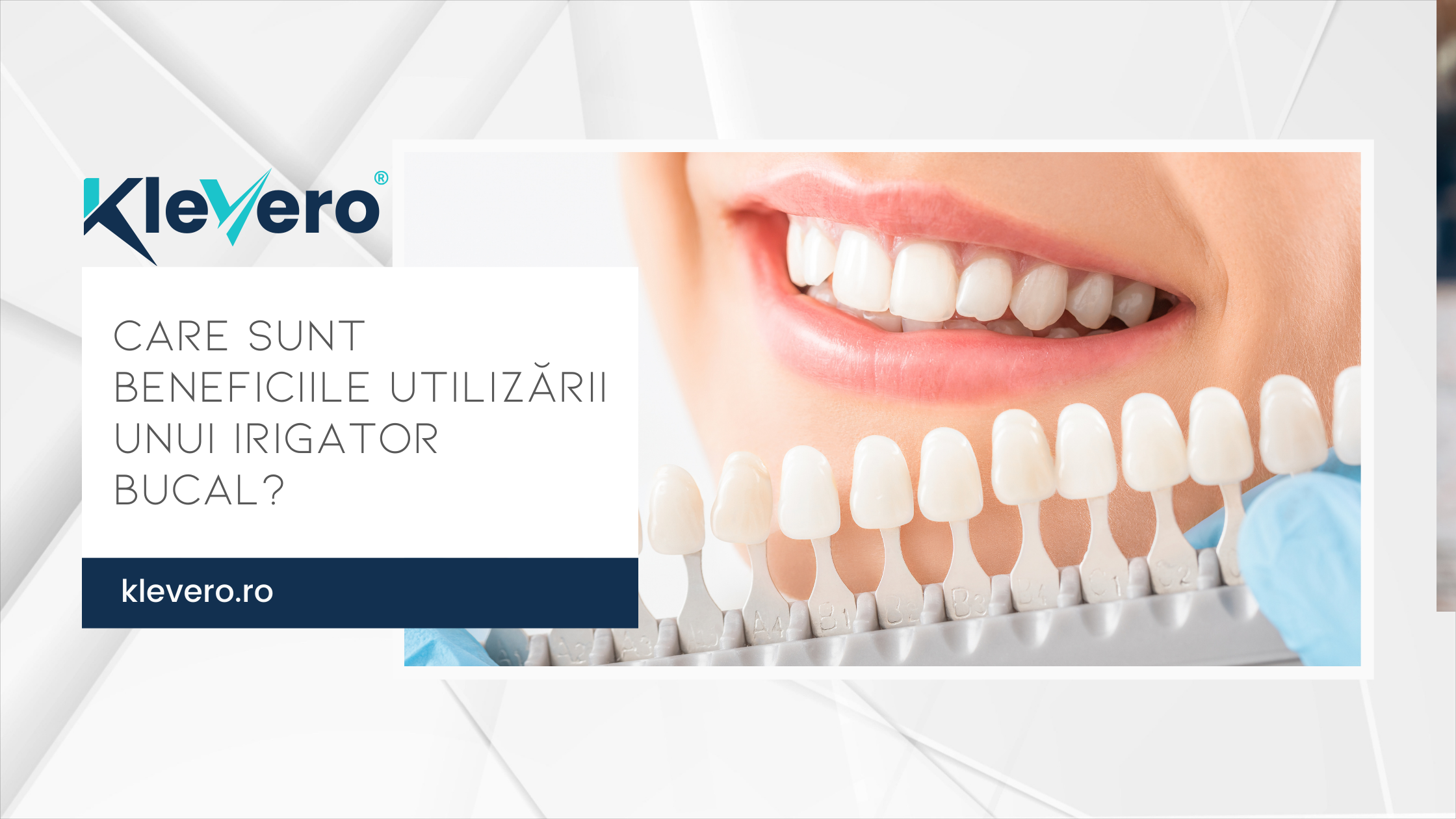A water flosser is an essential device for maintaining optimal oral hygiene. It uses a pulsating jet of water to remove food debris and plaque from hard-to-reach areas, providing a deeper clean than traditional brushing. In this article, we will explore the benefits of using a water flosser and how it contributes to oral health.
The role of the oral irrigator in oral hygiene
The oral irrigator complements your daily oral hygiene routine by helping to remove bacteria and food debris from between your teeth and along the gum line. It is especially useful for people with dental work, braces, or gum problems.
Benefits of using an oral irrigator
-
Effective cleaning of interdental spaces – The water jet reaches areas inaccessible to toothbrushes and dental floss, removing food debris and bacterial plaque.
-
Reduces gum inflammation – It is beneficial for people suffering from gingivitis or periodontal disease, helping to reduce inflammation and gum bleeding.
-
Ideal for braces wearers – For those with orthodontic appliances, the oral irrigator is an indispensable tool, effectively cleaning under the wires and brackets of the braces.
-
Prevents plaque formation – Used consistently, it helps prevent the accumulation of plaque, reducing the risk of tooth decay.
-
Provides freshness and a healthy smile – By effectively cleaning the mouth, it helps prevent bad breath and maintains the overall health of the oral cavity.
-
Suitable for people with dental implants – Helps maintain cleanliness around implants and reduces the risk of infections.
How to use an oral irrigator correctly
-
Fill the reservoir with water – You can use tap water or mouthwash for an additional antibacterial effect.
-
Select the right pressure – Start with a low intensity and gradually adjust as needed.
-
Keep the nozzle in the correct position – Direct the water jet at a 90° angle to the teeth and gums.
-
Gradually move the irrigator – Clean every area, including the gum line and back of the teeth.
Conclusion
Using a water flosser has many benefits for oral hygiene, providing a deeper clean and reducing the risk of dental disease. It is an effective tool for people with braces, implants or gum problems. By integrating it into your daily oral hygiene routine, you will be able to maintain a healthy smile and fresh breath.



Shari:
Oral Hygiene and Nutrition: The Impact of Diet on Dental Health